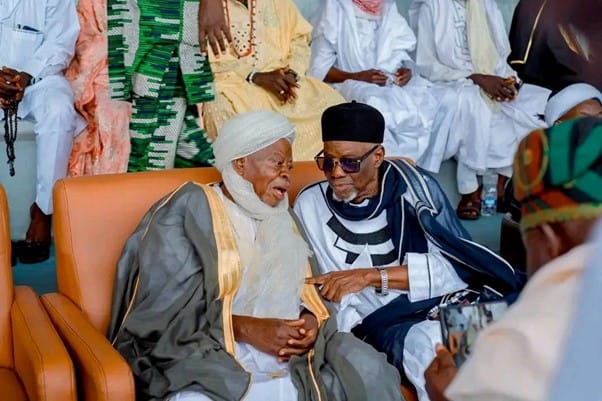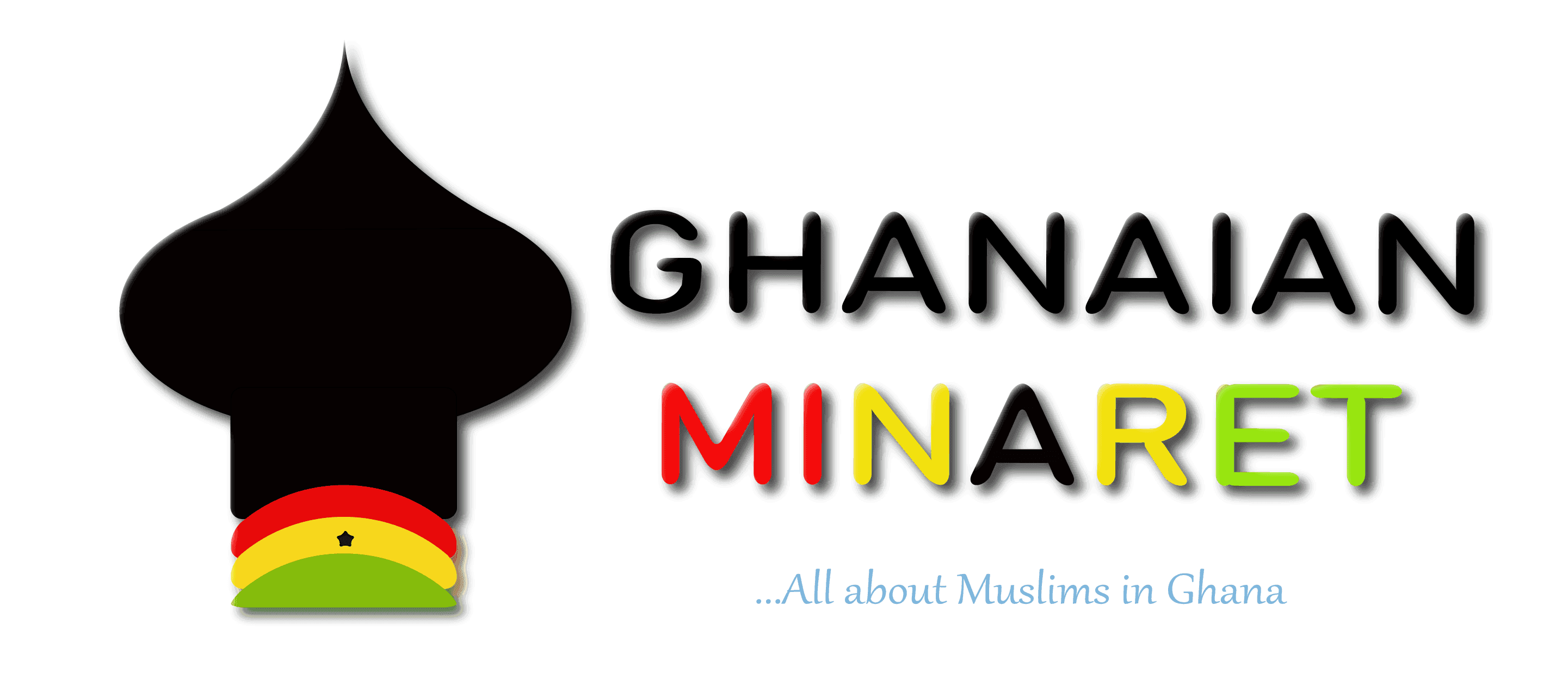Before you talk about Sharia panels in Yoruba land, read this first

From the wise counsel and open letter of His Royal Majesty Oba Omotooyosi Adebayo M. Akinleye to the reactionary and mindless talks of an “agenda” by some individuals, it is clear that the discussions on sharia in southwestern Yoruba states have remained a huge controversy that needs clarification, especially for those who frame it as an imposition.
Exempli gratia, Chief Gani Adams recently stated erroneously that Sharia is alien to Yoruba land.
He went further that “the introduction of Sharia is aimed at destabilising the Yoruba land by religious fanatics and fundamentalists.”
In another remark, the Ekiti State Government, through the state’s Commissioner for Justice and Attorney General, Dayo Apata, openly stated that “the arbitration and/or mediation issue is a quasi-judicial matter that is regulated by law” in what seems like an attempt to dissuade Muslims in Ekiti State from voluntarily embracing the alternative dispute resolution and civil panels.
These persistent agitations against the adoption of sharia arbitration panels in some of the southwestern (Yoruba) states of Nigeria highlight the apparent lack of understanding by some of the elites who may be acting under pressure from social media activists or influenced by historical tensions in Nigeria.
In light of these controversies, it becomes important to separate the wheat of the issue from the annoying chaff.
In this Article
What is the Sharia Arbitration Panel?
The Sharia arbitration panel is an alternative conflict resolution system to address civil issues among Muslims who voluntarily submit their civil and marital disputes to the panel.
The key words here are voluntary andcivil;to make it clear that even Muslims who do not wish to approach the panel cannot be compelled to do so.
By ‘civil,’ it implies that they only deal with non-criminal cases, which effectively means that issues of ḥudūd are not included in the discussions.
As such, Sharia Arbitration Panels are expected to deal with issues like marriage contracts (Nikah), divorce laws (Talaq & Khula), child custody (Hadana), inheritance law (Mirath), civil contracts (u’qūd), and similar civil issues for those who voluntarily prefer the sharia panels.
For a fact, these Islamic systems have been in existence in Yoruba land prior to the colonial period because they go side-by-side with Islam.
Thus, it would not be an exaggeration to state firmly that those aspects of sharia law in Yoruba land are as old as the first Muslim community in the various Yoruba lands.
Is Sharia new in Yoruba land?
Although precolonial Yoruba countries had different remarkable institutions to maintain laws and orders through traditional systems, sharia cannot be described as alien to Yoruba land.
For those who are very familiar with the age-long conflict resolution systems among Yoruba Muslims, this process is not new at all.
Indeed, the creation of sharia panels is a mere formalisation of a system that Yoruba Muslims are already very familiar with to different degrees.
In many cases, leading Islamic elders such as imams or shuyūkh (clerics) are approached by individuals who trust their counsel to mediate in different disputes such as marital issues, disagreement over trade, inter-personal and communal conflicts, among others.
Islamic marriage, or nikkah (marital contract), Janaazah (funeral rites), mirath (inheritance), and many more are also regulated by Muslim scholars for Muslims who prefer the Islamic system.
In some cases, various leaders, such as Mọ́gàjí in various Yoruba Muslim Agbo-ilé, are also approached to resolve disputes by members of different households.

Today, whether it is in the Ojaaba central mosque of Ibadan or other places, mosques and different centres are used for similar purposes with the imams as the anchors in what I would refer to as a semi-formal Sharia panel or arbitration system. As beautiful as this age-old practice is, it is rarely given the recognition in post-colonial Yoruba land.
As such, one can talk of the introduction of formal sharia arbitration panels as the modernisation of parts of the Islamic pre-colonial heritage in Yoruba land. For those who care about best practices across the world, not only is modernisation admirable, but it must also be encouraged.
In contemporary Lagos State, the Muslim community currently operates an independent Sharia arbitration panel, which has given options to willing members of the Muslim community to seek alternatives in their civil matters.
As noticed by Kola Makinde and Philip Osten, the law applied in the Lagos Sharia Panel “appears to be Islamic law as much as possible within the boundaries set by the Nigerian constitution and laws, in which the judges are well versed.”
That the Sharia panel operates within the legal provision of the Federal Republic of Nigeria is enough to disregard those who argue against it on the basis of assumed illegality.
The Lagos example, like the different semi-formal or formal institutions before it in Yoruba, also shows that Muslims in Yoruba land have never attempted to force Sharia on non-Muslims in the southwest.
Cooperation, Not Toxic Competition
As an alternative dispute resolution mechanism, the sharia panel highlights the growing need in post-colonial Africa to give a breathing space for alternative institutions that have been sidelined by colonial governments in many places.
It also creates a basis for legal pluralism in Yoruba land, which is not a new phenomenon in Nigeria.
Instead of raising the dust against Yoruba Muslims for creating a space for Islamic dispute resolution panels or calling them unprintable names as done by some X extremists and keyboard warriors, the discussion should shift into how to get more recognition for the other pre-colonial dispute resolution system in Yoruba land in civil matters for those who voluntarily opt to explore such means.
This is especially admirable since traditionalists or Ìṣẹ̀ṣe adherents can also opt for a customary system based on their beliefs without infringing on the rights of others.
By extension, this may also give more room for them to become more recognised as against the official dominance of Islam and Christianity in Nigeria.
With this, where some Muslims and Christians take oaths of public office with religious scriptures, the multi-religious system of Nigeria can be expanded to allow Yoruba traditional worshippers or Ìṣẹ̀ṣe adherents to use their Ogun, Sango, or other symbols they hold sanctimoniously dear as alternatives for the swearing-in ceremonies.
Join our whatsapp channel for all the latest updates.
For news coverage, article publication, and advertisement, send an email to ghanaianminaret@gmail.com or reach us via whatsapp, telegram or phone call on +233266666773.

